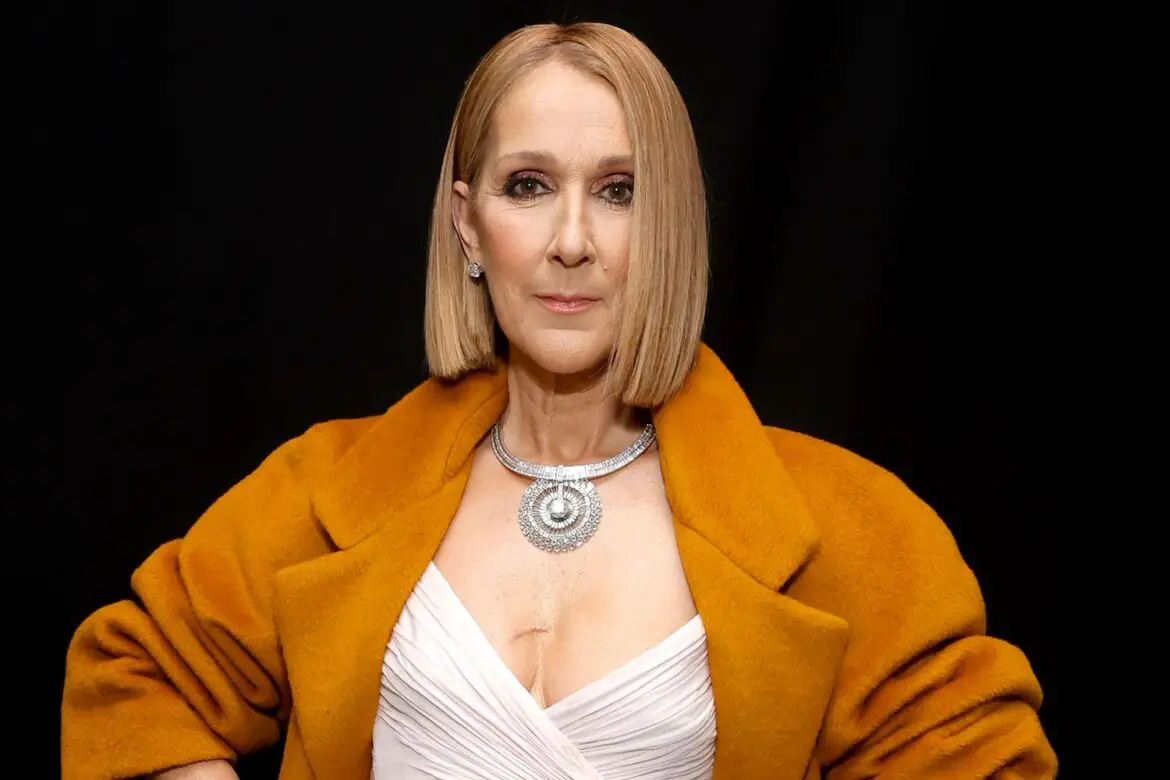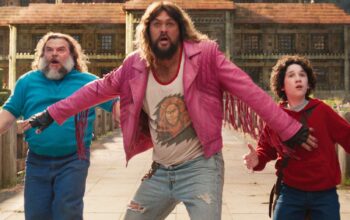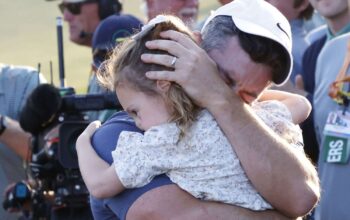Céline Dion is giving fans an unprecedented look into her struggles over the last several years of her life.
In a heartbreaking scene near the end of her upcoming documentary, I Am: Céline Dion (streaming globally June 25 on Prime Video), the superstar, 56, tentatively — but triumphantly — returns to the recording studio following her August 2022 stiff-person syndrome diagnosis.
Moments later she heads to a physical therapy appointment (part of her ongoing treatment plan) and begins feeling spasms in her foot.
As her body locks up, it’s clear Dion is enduring excruciating pain while her care team administers diazepam nasal spray amid the SPS crisis episode. “If she goes back into a spasm, we’ll do a 9-1-1,” says a member of her team.
Courtesy of Prime Video
“Every time something like this happens, it makes you feel so embarrassed,” says Dion afterwards in the film. “I don’t know how to express it … you don’t like to not have control of yourself, you know?”
During her PEOPLE cover interview, the five-time Grammy winner reflected on the terrifying moment that was filmed by director Irene Taylor’s crew.
“One part of the [SPS] condition is that overstimulation — whether it’s happiness, whether it’s sadness, whether there’s sound, a surprise — can put me into a crisis,” says Dion, adding that she “did not see” the crisis episode coming that day. “I was fine, and then something was triggered.”
For Taylor, being “two feet away” from Dion as she experienced the crisis helped her understand the disorder more fully.
“That was truly an extraordinary thing, not only for Céline to experience, but for me to witness,” says Taylor. “I kept filming because that is my mode of operating, and then I figured we would determine afterward whether to edit that into the film.”
Courtesy of Prime Video
By the time the film was in post-production, Dion and Taylor had formed an incredibly deep bond, and “I knew that putting it in the film was really not a risk because she believed in me at that point,” says Taylor. “She is an open book, and she was really there and holding nothing back, so I really can only thank her for that.”
With the film, Dion is working to humanize the rare disorder and help raise money for scientific research in hopes of finding a cure.
“Neuropathy can be really wide. That’s why I’m trying to be really involved in raising funds for people to consult and talk about it with their neighbor, their friend, their husband,” says Dion.
Adds Dr. Amanda Piquet, who serves as the director of the autoimmune neurology program at the University of Colorado Anschutz Medical Campus and is the physician who diagnosed Dion: “The future for SPS is bright and there’s a lot on the horizon.”




